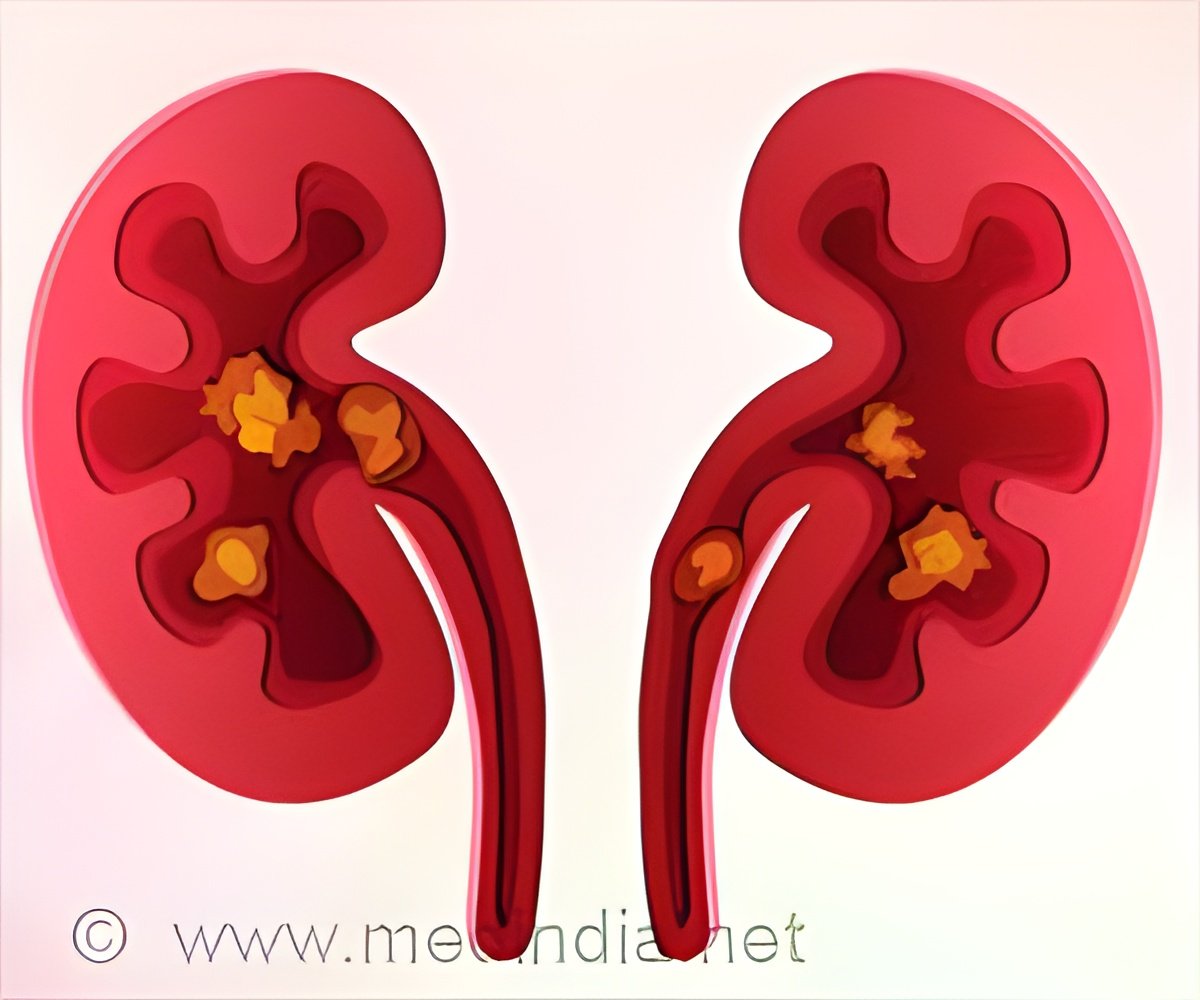Excessive blood pressure reduction for acute intracerebral hemorrhage can have dire consequences when kidney function is low.

‘Excessive blood pressure reduction for acute intracerebral hemorrhage can have dire consequences when kidney function is low.’





However, excessive blood pressure reduction can damage the kidneys, especially in people who already have chronic kidney disease. "Without a clear understanding of how kidney function affects the overall outcome when controlling blood pressure in these situations, doctors cannot make the best decisions for immediate stroke treatment," senior co-author Masatoshi Koga explains. Kidney function is typically assessed using the estimated glomerular filtration rate (eGFR), which evaluates how well your kidneys are filtering out toxins from the blood. To determine if kidney function can affect the outcome after intracerebral hemorrhage, the researchers looked at data from an NIH-funded clinical trial, the Antihypertensive Treatment of Acute Cerebral Hemorrhage II (ATACH-2), led by Professor Adnan I. Qureshi, a co-author of this article.
In ATACH-2, patients within 4.5 hours of onset of intracerebral hemorrhage were randomly assigned to the intensive antihypertensive group (systolic blood pressure 110-139 mmHg) or the standard antihypertensive group (140-179 mmHg) and maintained in the target blood pressure range for 24 hours. The primary endpoint of the study was the rate of death or severe functional disability at 3 months.
In the current study, researchers divided patients into three categories based on their eGFR at the time of admission, which correspond to normal function, mild loss of function, and decreased kidney function.
The researchers found that the rate of death or disability after stroke was almost 50% in patients with decreased kidney function, compared with about 32% in patients with normal kidney function. They next looked at what happened when patients were treated with an intensive blood pressure-lowering regimen.
Advertisement
First author Mayumi Fukuda-Doi thinks that these findings have important implications. "Although intense lowering of blood pressure can reduce the risk of hematoma expansion and prevent brain damage after stroke, we found that it can harm those with eGFR values less than 60, who have decreased kidney function," she says.
Advertisement
Source-Eurekalert















